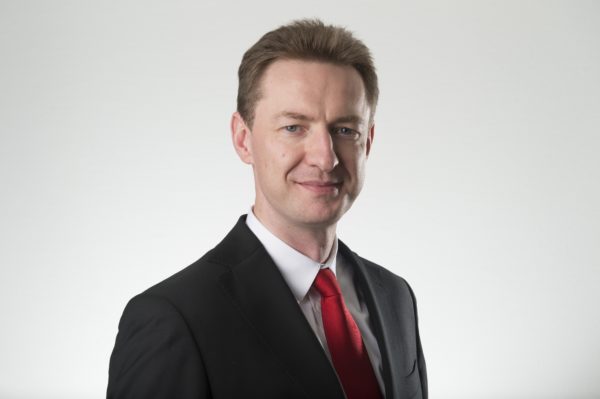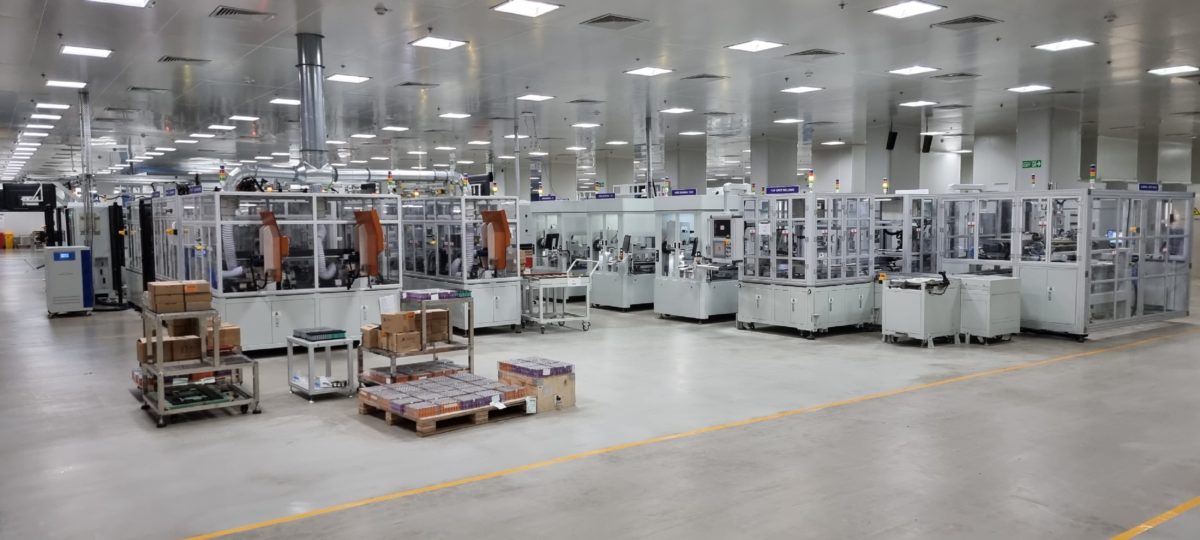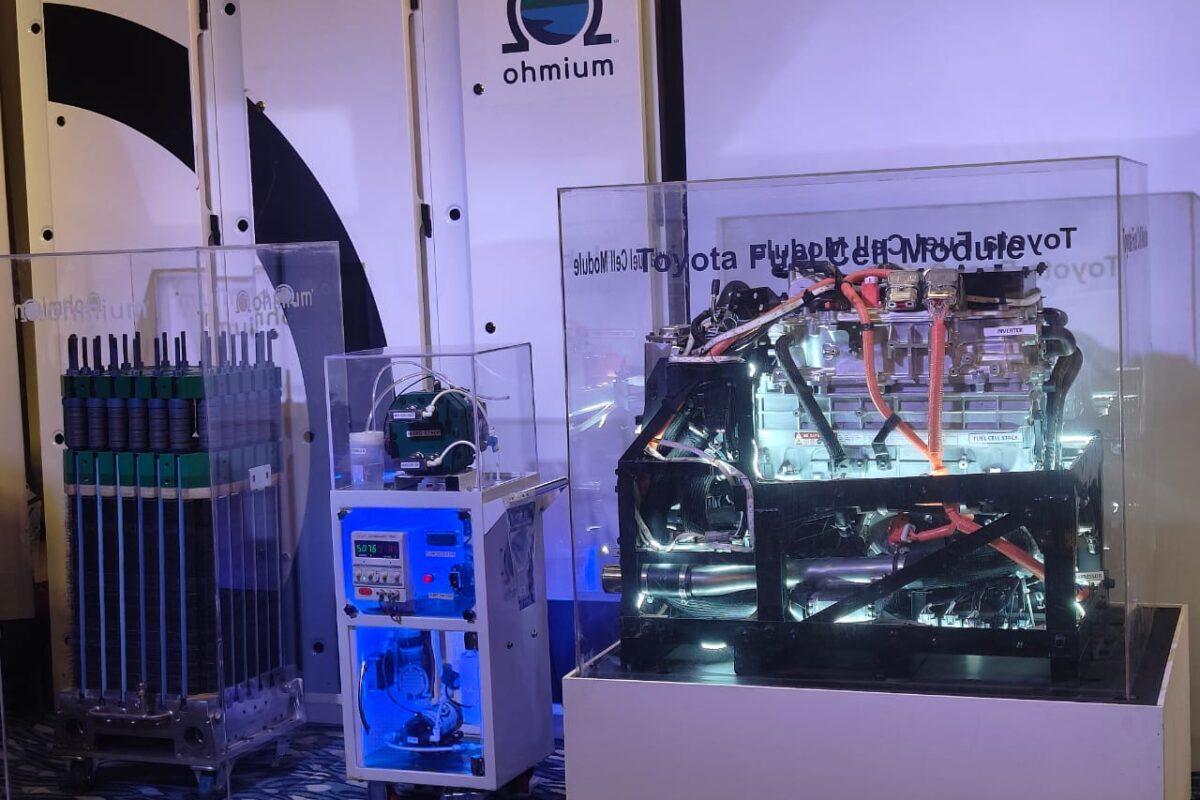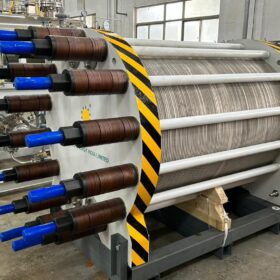Nexcharge, a joint venture between Exide and Leclanché, said this week that its new 1.5 GWh, highly automated factory in Gujarat will mass-produce at least 150 types of lithium energy storage products for electric vehicles and grid-based applications.
Its factory in Gujarat is spread across 6,10,098 square feet. It is purportedly one of the largest factories in India for Li-ion battery packs and modules across pouch, prismatic and cylindrical formats. The facility has six highly automated assembly lines and testing labs to produce energy storage systems for electric vehicles and grid-based applications.
Nexcharge said it launched an extensive market study before launching production.
“From January 2019, we started looking at the market to understand customer requirements across market segments such as two-wheelers, three-wheelers, passenger vehicles, commercial vehicles, electric buses, invertors, telecom, and UPS. Once we had a clear idea of the requirements, we started developing products. In total, more than 150 products have been developed. Once we developed those blueprint products, we were able to order the production lines [from China],” Stefan Louis, chief executive officer of Nexcharge, told pv magazine.

Image: Nexcharge
However, it took longer than planned to build the factory due to pandemic restrictions.
“The production line people were planning to send 30 people to our factory. Unfortunately, we could not get visas for 30 people because these people were coming from China. We were only allowed to get visas for six people. So the time to erect our factory was much longer than originally planned,” said Louis.
Nexcharge will import all of its battery cells from China and other markets until Exide’s proposed cell manufacturing plant is up and running in India.
“Leclanché being a lithium-ion battery manufacturer, we can source cells from them, but they are not suitable for every market we pursue. So we also need to bring cells from other manufacturers. As 75% of the world’s lithium-ion cell production is in China, we have to source cells from there,” said Louis. “Meanwhile, Exide has made a decision to set up cell manufacturing as well, domestically in India. The factory will be ready in 2024 but till then all of our cells will be imported.”
This content is protected by copyright and may not be reused. If you want to cooperate with us and would like to reuse some of our content, please contact: editors@pv-magazine.com.









By submitting this form you agree to pv magazine using your data for the purposes of publishing your comment.
Your personal data will only be disclosed or otherwise transmitted to third parties for the purposes of spam filtering or if this is necessary for technical maintenance of the website. Any other transfer to third parties will not take place unless this is justified on the basis of applicable data protection regulations or if pv magazine is legally obliged to do so.
You may revoke this consent at any time with effect for the future, in which case your personal data will be deleted immediately. Otherwise, your data will be deleted if pv magazine has processed your request or the purpose of data storage is fulfilled.
Further information on data privacy can be found in our Data Protection Policy.